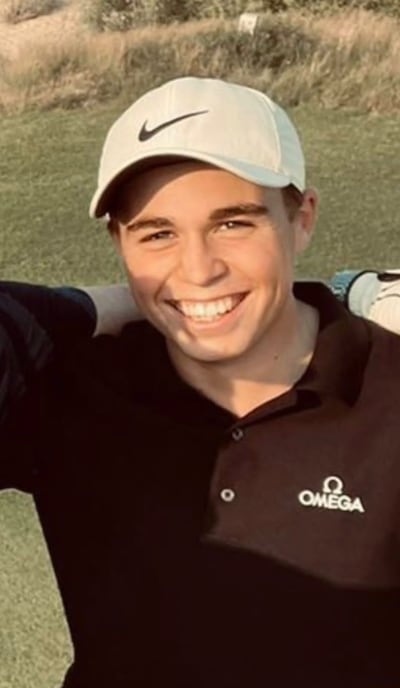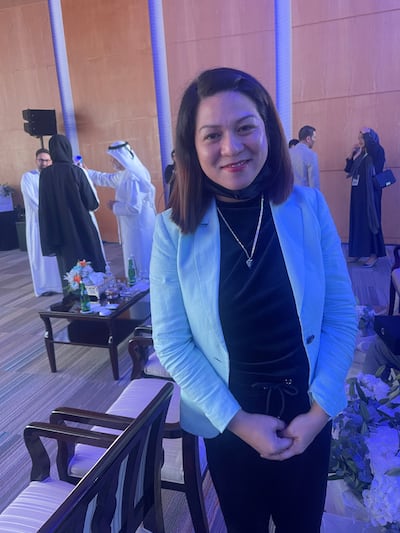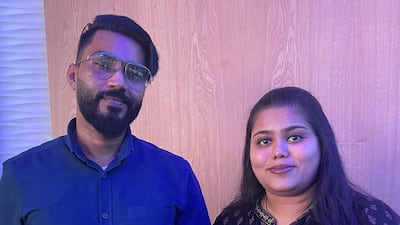Abu Dhabi wants residents in the emirate to register to become organ donors.
A new drive hopes to boost the number of people signing up to become a donor under the National Programme for Organ Donation and Transplantation — or Hayat, which means life.
UAE residents can register to become donors through the Ministry of Health's website.
Last year, 39 donors in the UAE helped to save the lives of 147 individuals. So far this year, there have been 47 donors who saved the lives of 167.
Abdulla Al Hamed, chairman of Abu Dhabi's Department of Health, launched the initiative by becoming the first to register.
“I invite everyone to contribute to instilling hope in the lives of many around us by registering for the Hayat programme,” he said.
The initiative was launched during the two-day International Conference for Initiatives on Organ and Tissue Donation and Transplantation in Abu Dhabi.
The conference highlighted more than 20 inspiring stories of organ recipients, donors and families of donors, in recognition of their contributions to saving lives and maintaining the health and safety of the community.

When Nathalie Grall-Sorensen’s son, Viggo, 17, suddenly died nine months ago she didn’t need much persuasion to consent to have her son’s organs donated.
Her son had finished a golf tournament in January when he called her saying that his fingers felt numb. Shortly afterwards, he collapsed and died.
His kidneys, heart and liver were donated to save the lives of five people.
“I was brought up in a family of love and for me this is love,” Ms Grall-Sorensen told The National.
“He will never come back so if you can save five lives and make them happy then why not.”
Shiba Gayathri and Vijith Kupleri’s son Vivaan died last year a few days before his second birthday after he accidentally inhaled peanuts which became stuck in his lungs.
“As a parent, the first thing you hear of your child is their heartbeat, and as we heard his heart beating [in his final hours], we knew we wanted to keep it beating,” Ms Gayathri said.
“Having been through the kind of pain that only someone who has experienced it will understand, we did not want it to happen to anyone else.”
Her son’s organs saved the lives of three people.

When Cindy Cruz's sister, Jennifer Flores, 50, died last June she knew her sibling would have wanted her organs donated.
“So when they asked me, I called my parents and without hesitation, we said yes,” she said.
The capabilities of the UAE's organ donation programme have improved in recent years, along with the number of donors.
The UAE has exceeded the global average of donated organs from each donor after death. The country has a rate of 3.9, compared with 3.5.
Dr Ali Al Obaidli, chairman of the UAE’s National Transplant Committee said it was important to raise awareness about organ donation programmes because “organ shortage around the world is one of the prominent current challenges”.
“The success of donation and transplant programmes depends primarily on social contributions, which give individuals the opportunity to save many lives offering a new hope in life,” Dr Al Obaidli said.
“The culture of donation is very strong because the UAE is international and many people are exposed to this idea."

